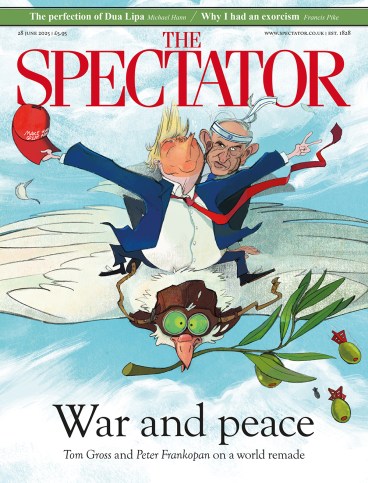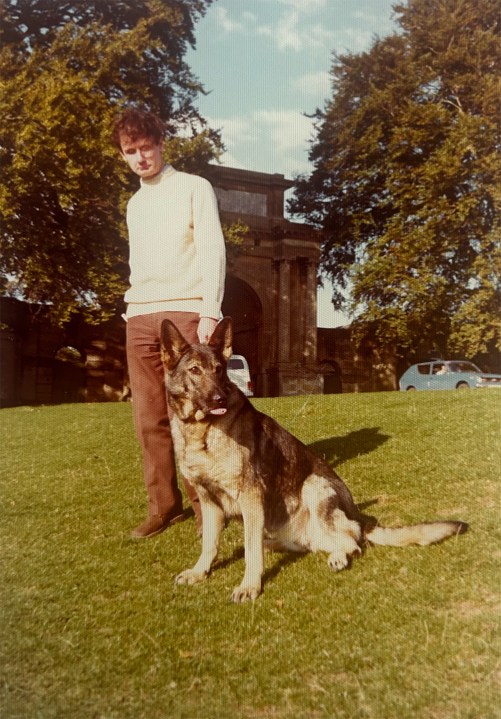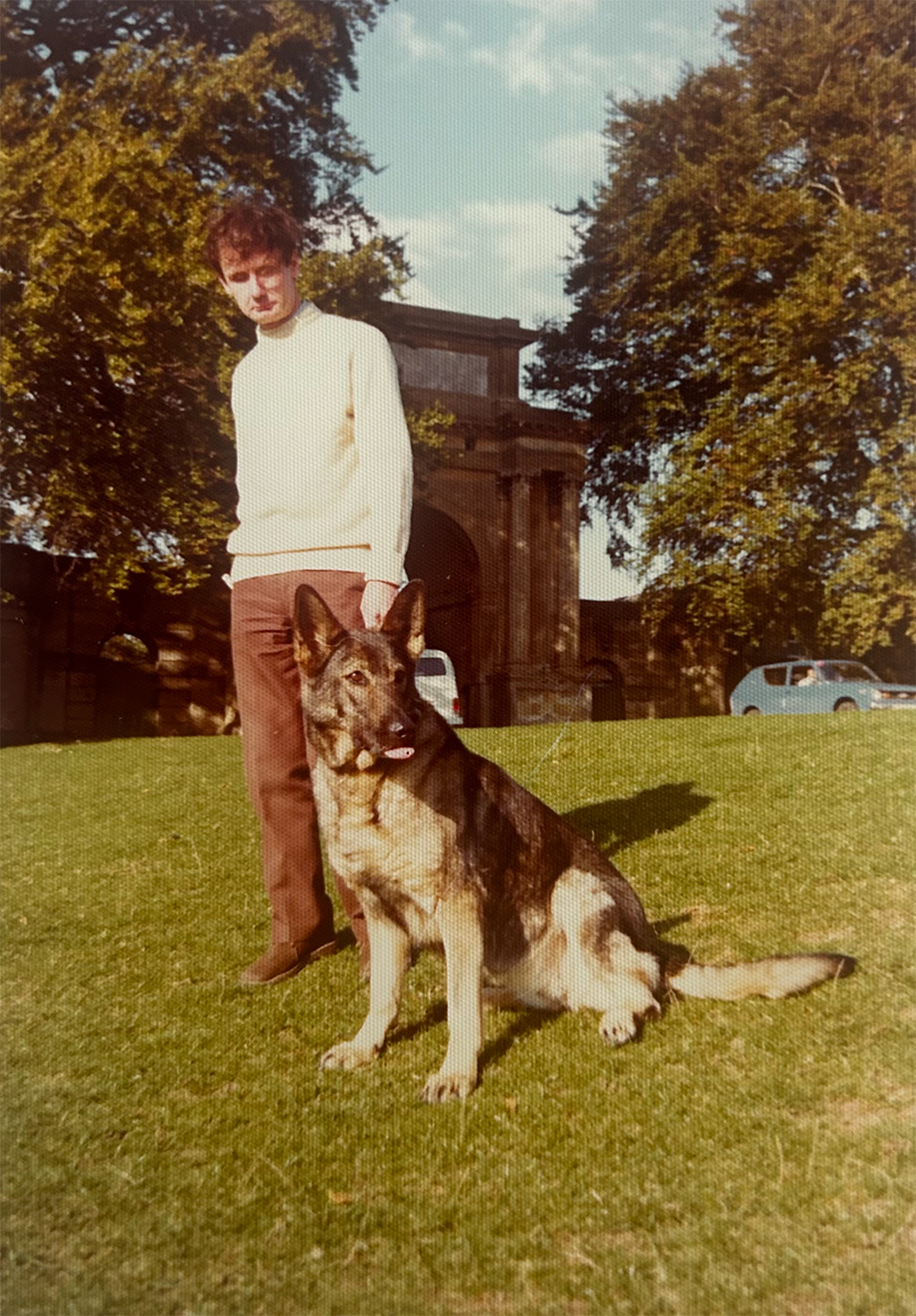
On 3 June 1960, a letter appeared in The Spectator which began:
Sir, We are homosexuals and we are writing because we feel strongly that insufficient is being done to enlighten public opinion on a topic which has for too long been shunned.
The letter was prompted by the government’s failure to act upon the recommendation of the 1957 Wolfenden Report that homosexual acts between consenting adults in private should no longer be a criminal offence. This had led to the founding of the Homosexual Law Reform Society (HLRS) in 1958, and it was for this organisation that the letter’s three signatories worked as volunteers. The letter was both unusual and brave because the writers had signed their real names at a time when being identified as homosexual risked investigation by the police. As the authors of The Light of Day point out, it also looked forward to future battles for homosexual equality in which acts of public self-declaration became a crucial tactic.
Forty-three years later Christopher Stephens, who was embarking on a Master’s degree at Oxford, was asked if he could visit a local man who was blind and needed someone to help with his bills and correspondence and to read to him. This man turned out to be Roger Butler, one of the signatories to the letter. As well as wanting an amanuensis, the 68-year-old Butler was looking for the kind of loving relationship he felt he had missed out on, and with Stephens he found both, although to his regret the friendship remained essentially platonic. Much of what Butler felt was recorded in letters to Stephens that he did not send but left to him on his death in 2011. He had also written memoirs, but never completed them to his satisfaction, and extracts from these and his correspondence have been skilfully integrated into a narrative that is both absorbing and often very moving.
The names of many of those who fought to change the law in the 1950s and 1960s have largely been forgotten, but here we have their work described in detail by an eyewitness. Butler spent his evenings stuffing HLRS leaflets into envelopes in a dingy house in Islington that served as the Society’s headquarters, its windows blanked out with whitewash. He was also among those who were gathered together by the sociologist Richard Hauser in order to research The Homosexual Society (1962), a highly unscientific, muddle-headed but fascinating survey commissioned by the Home Office.
Butler’s letter provoked a good deal of discussion about homosexuality in both The Spectator and the New Statesman, where a shorter version had been published. In addition it brought a personal letter of congratulation from another forgotten figure, Lionel Fielden, who was about to publish an autobiography titled The Natural Bent,in which he too declared himself homosexual. A former employee of the largely queer Talks Department at the BBC, Fielden had inherited a fortune at the end of the second world war and decamped to Italy, where he lived in considerable splendour with a man called Guido, who combined the roles of lover and factotum. His letters to Butler were nevertheless flirtatious, and although no romance ensued when they met, Butler adopted Fielden as his principal confidant, and much of his story is told through their lively correspondence.
Butler’s working title for his memoirs was ‘A Shilling Life’, taken from a poem by W.H. Auden which he felt suggested that
a life of pottering, gardening, reading and writing letters, of doing small jobs around the house, might be as significant as the life of someone lauded as ‘the greatest figure of his day’.
The Light of Day bears this out, although Butler’s story is more extraordinary than perhaps he fully realised. He rebuilt his life after he became blind and, with only a rudimentary education to his credit, was accepted to study history at Balliol College, Oxford as a mature student. He may only have got a third, but given the fact that he relied on core texts being read to him and in his finals had to dictate essays to a typist, to have attained a degree at all was, as his tutors recognised, truly remarkable.
More importantly, in this community of his intellectual equals he truly flourished. After graduation he settled in Oxford, determinedly creating a beautiful house he would of course never see and working away on his memoirs. He was taken up by the philosopher Stuart Hampshire and his wife Renée, who invited him to dinner with the likes of Isaiah Berlin and Angus Wilson; while his continuing friendship with Richard Cobb, who had been his moral tutor at Balliol, led to his becoming a trusted sounding board for the books the historian was working on.
Butler’s own story is told in tandem with a frank and detailed account of his unusual relationship with Stephens, in a narrative that smoothly shuttles back and forth across time. Far more than a shilling life that gives you all the facts, this book elegantly and touchingly combines biography and history to produce a work of real and enduring value.








Comments